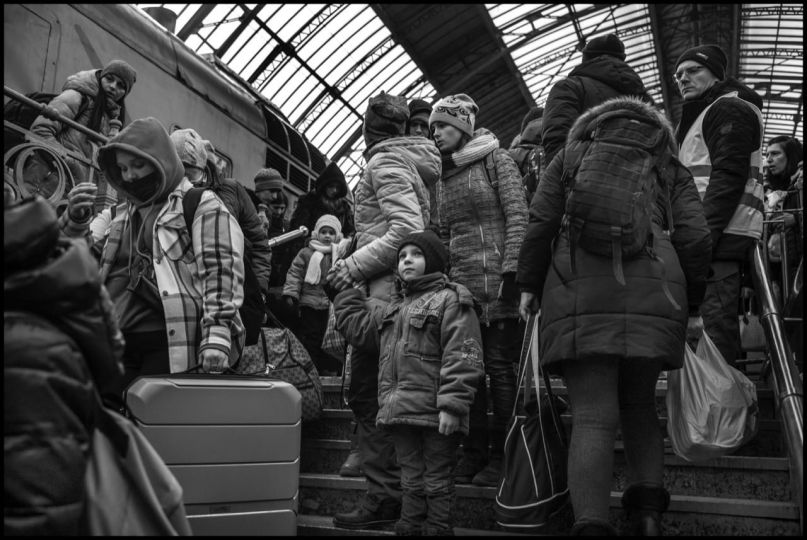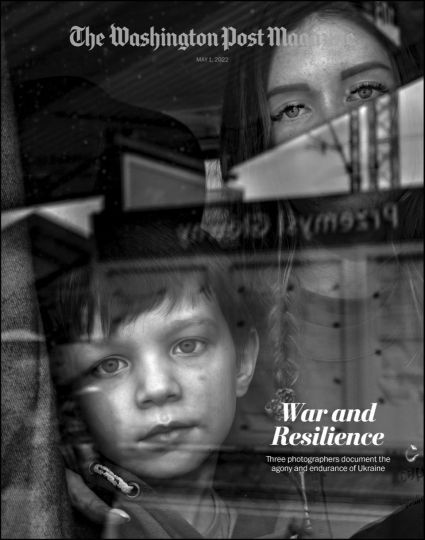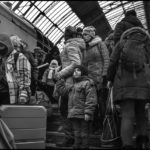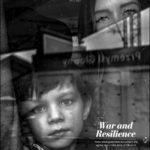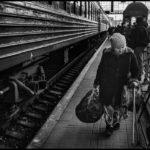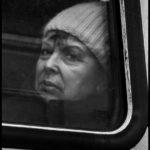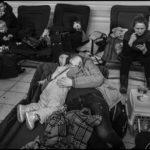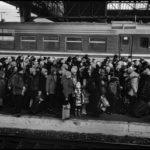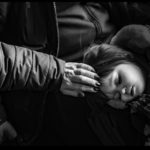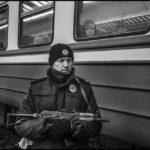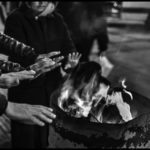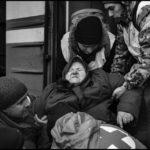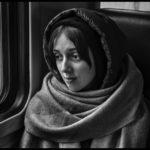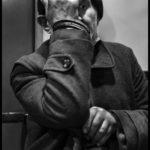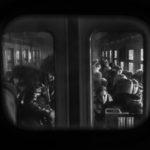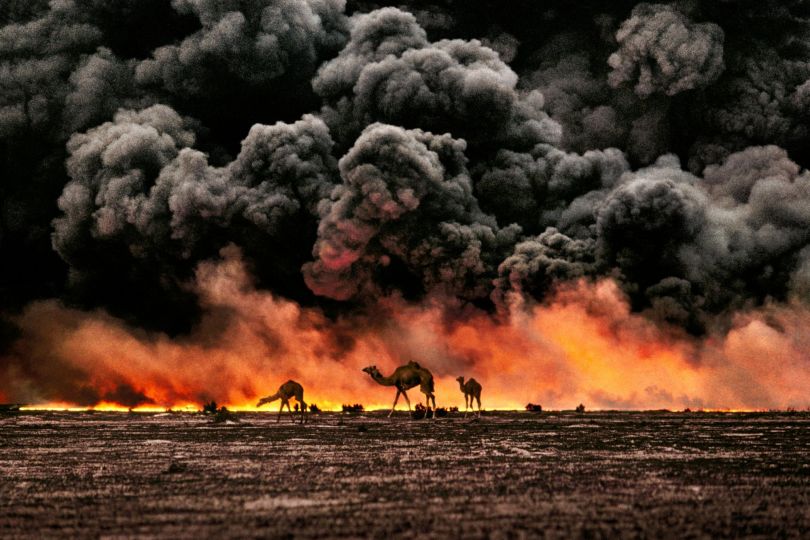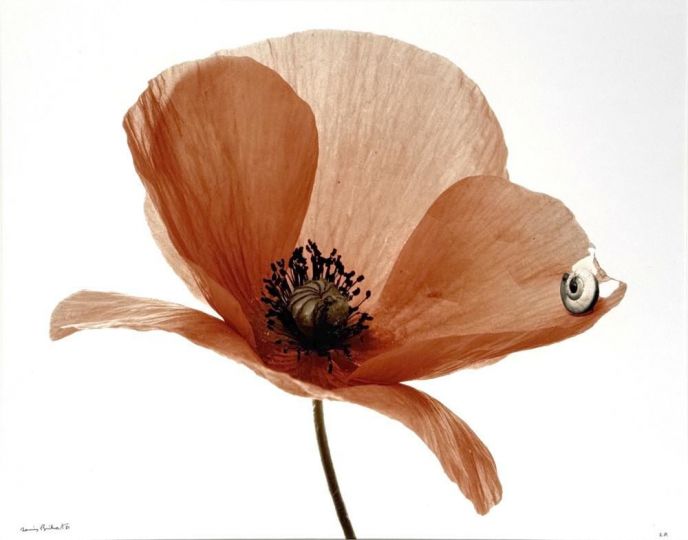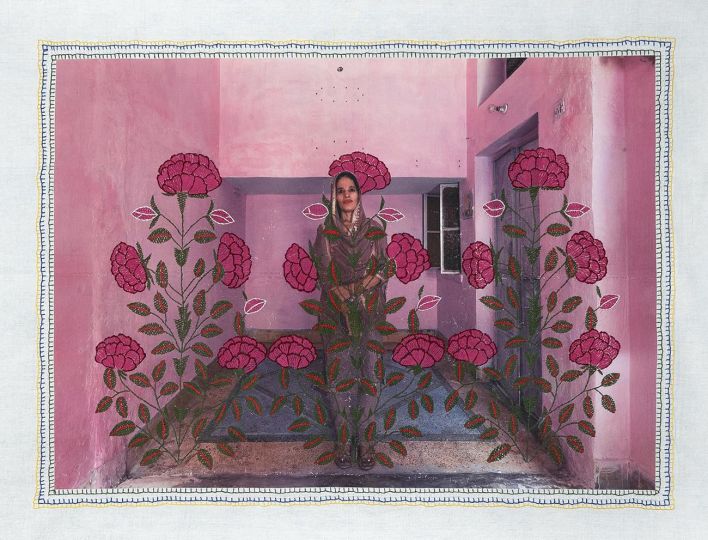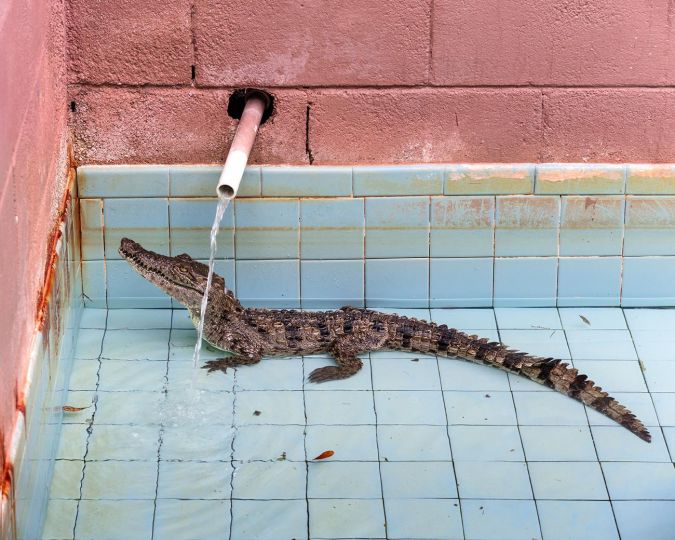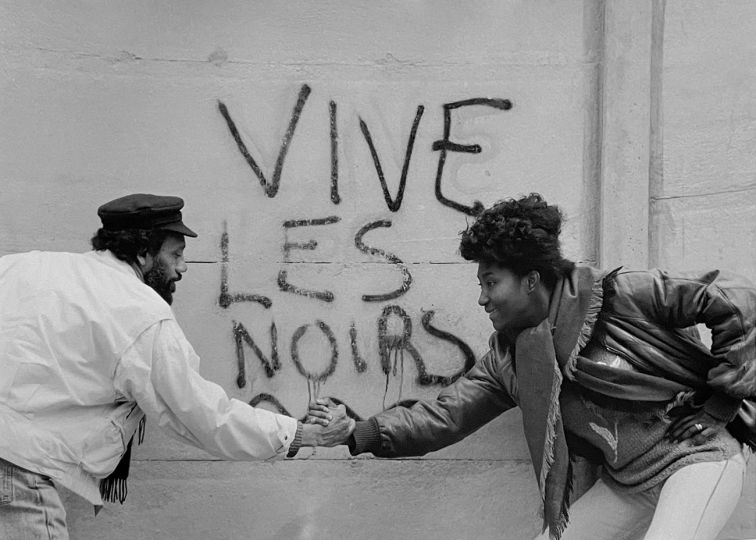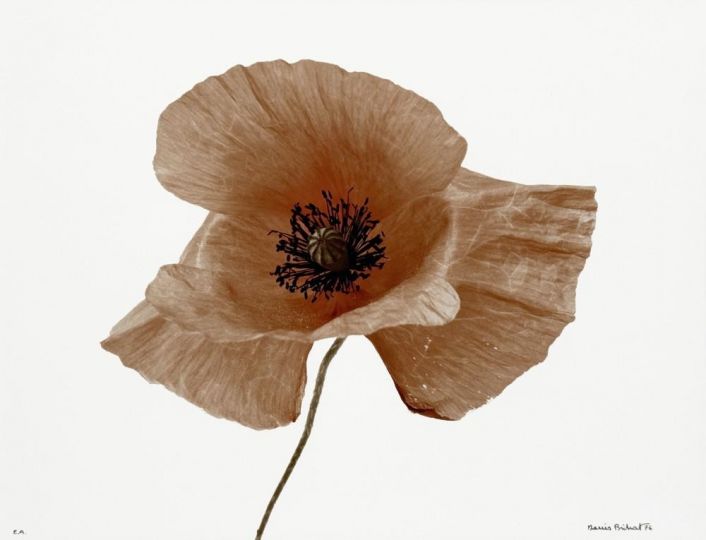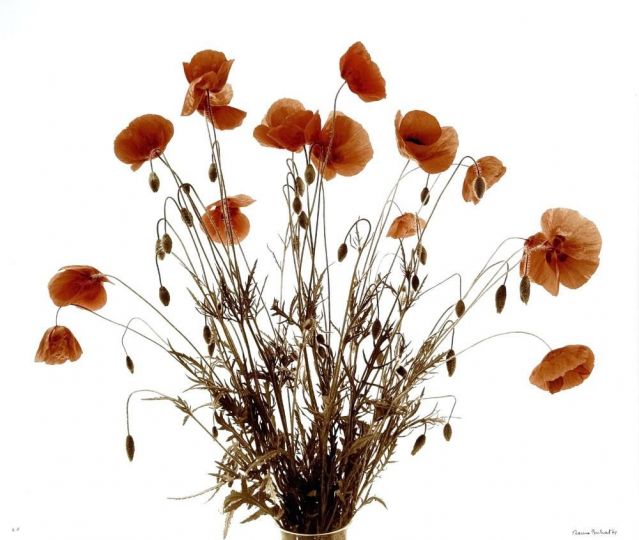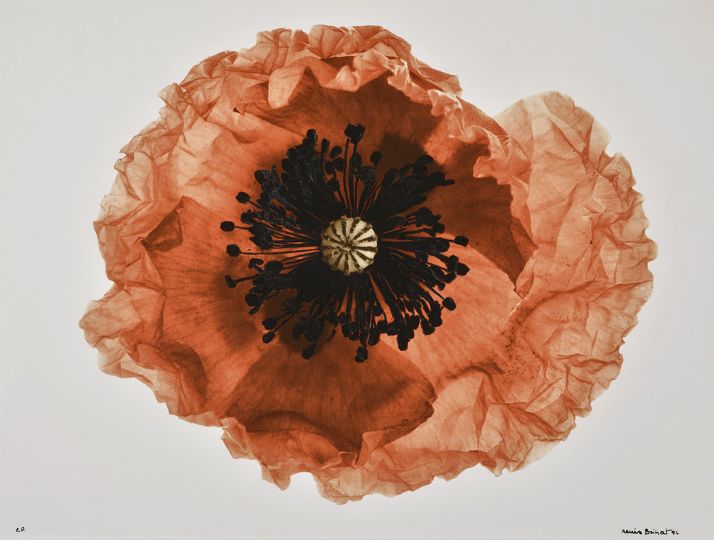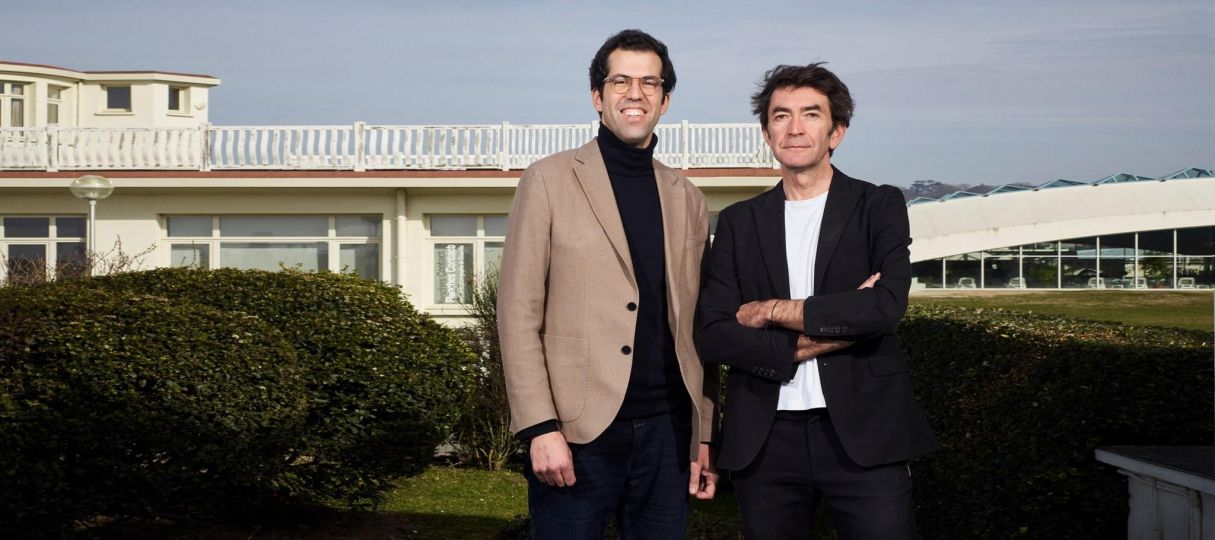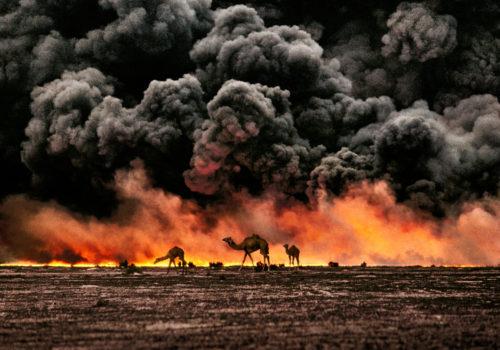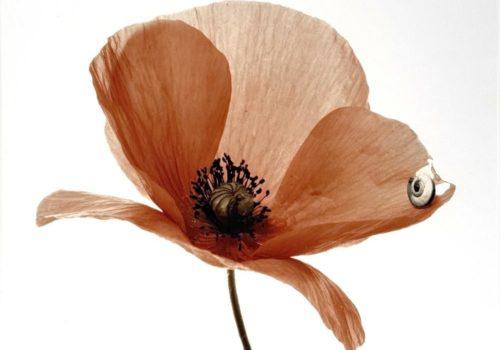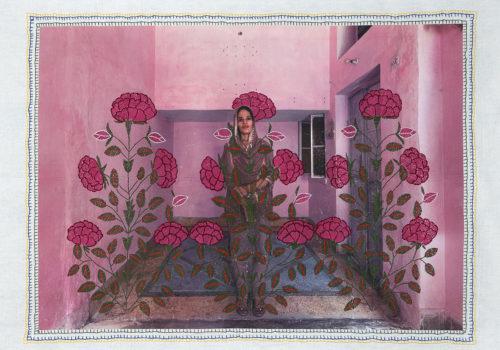The Washington Post Magazine has just published 8 pages of images from Ukraine by Peter Turnley.
Peter entrusted them to us along with his text.
Washington Post Magazine – Peter Turnley cover and 8 page spread.
I venture to say that no one reading this has ever taken a train ride like the one that thousands of Ukrainians, nearly all of them women and children, made the night of March 11 to the border of Ukraine with Poland — and I hope to God that you never will.
I boarded at 4 p,m. and in the small train car there were hundreds of Ukrainians, every seat taken with children sitting on their mothers’ laps. People stood, sat on the floor and crowded into every available inch of the car. I stood for most of the next 10 hours as our train went from Lviv, Ukraine, to Przemysl, Poland. I will never be the exactly the same again after this experience, one of the most incredible human experiences in my more than four decades as a photojournalist in many war zones across the world.
As the train pulled slowly out of the station, tears began to flow in the eyes of most of the passengers, and people frantically made last minute phone calls to loved ones — with a sense this might be their last call. People peered out windows tocatch the last glimpses of a homeland they might never see again.
Margarit, a woman from Bucha, stood next to me. Bucha is near Kyiv and its civilian population has been badly bombed and shelled. She showed me a photograph of her destroyed home. Her husband has stayed behind, as all men between 18 and 60 must do.I asked Marguerita where she was going and she lifted her hands up in the air and said “I don’t know — Europe”?
She then said to me, “Everybody on this train don’t have a plan”. Her grammar may not have been perfect, but what she meant was painfully clear.
Most people on the train carried only small bags. I asked myself, how will they make it? Do they have credit cards, money, clothes to wear?
An elderly man on the train, Antoniusz, stood with a cane and he explained to the only other journalist in this train car — Andrew, a reporter from Poland — that he had neurological problems had trouble keeping one of his eyes. . Often I spoke to Antoniusz with Andrew translating as they both spoke Polish.As the train rolled towards Poland, with the passage of hours, I eventually sat on the floor. I could feel a transition in the way that the passengers looked at me: from a journalist with a camera around his neck — to graduallybecoming part of the collective discomfort of this exodus. But I knew of course, as I imagine they did, that my destiny was different.
Often during this ride I looked into the eyes of elderly women. I could not bear to imagine leaving behind decades of life, home, family, country, without any certainty of how they would live even the following day.
As we finally arrived at the Polish border town, Antoniusz began to sing in Ukrainian with a soulful, penetrating, poetic voice and sound, teetering on one foot, and began to cry. He explained through Andrew that he was so tired, and that back in the Ukraine he had family that knew he was an invalid, and he didn’t know how he would make it going forward.
The Polish border guards allowed each car of the train to unboard one at a time. Our car was last and we stood for two hours waiting. I wished everyone around me good luck in Ukrainian, but my words felt like they had no meaning. When the guards finally opened our door, I descended, and looked back to see Antoniusz being lifted into a wheelchair by the border guards.
The next morning I recounted parts of this journey to my brother and another journalist staying in the same hotel I was in on this Polish border town. As I spoke, I told them how guilty I felt that I could walk away from this moment and journey. And with out warning, I began to sob.
Shortly later, I received an email from Andrew, telling me that he had found out that Margarit was heading to Dresden in Germany, and that he had no news of Antoniusz. I remembered our last words on the train. As I said goodbye to him, he looked at me and said, “Victory always”.
© All photographs and text by Peter Turnley.
I am very honored to have the cover photograph and an 8 page spread in the Washington Post Magazine about the Exodus of Refugees From Ukraine.
My thanks to Dudley M. Brooks and all of the editors of the Washington Post Magazine. I’ve had many covers during my now 50 year career in photojournalism, but this one is certainly one of the most meaningful to me. It is so important that the world’s attention be brought to the now more than 4 million Ukrainians, mostly women and children, that have been forced to leave Ukraine, their homeland, to become refugees because of the Russian invasion of their country.

